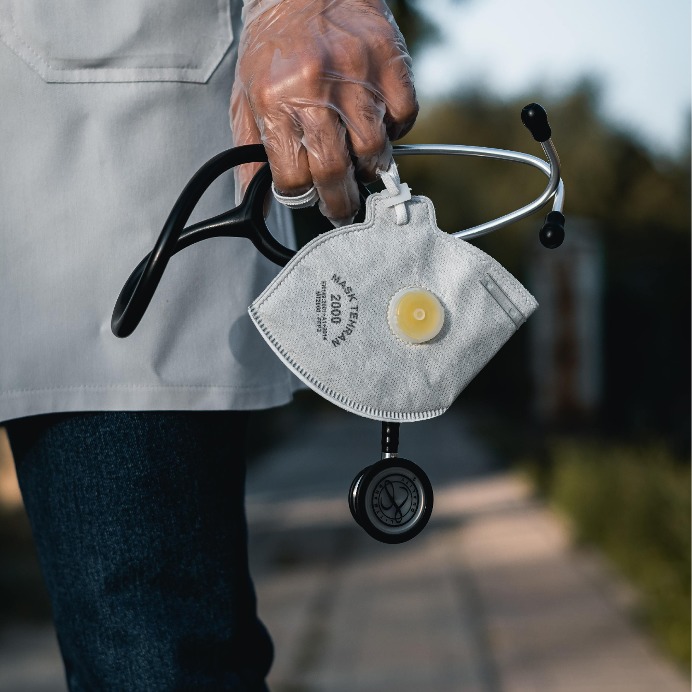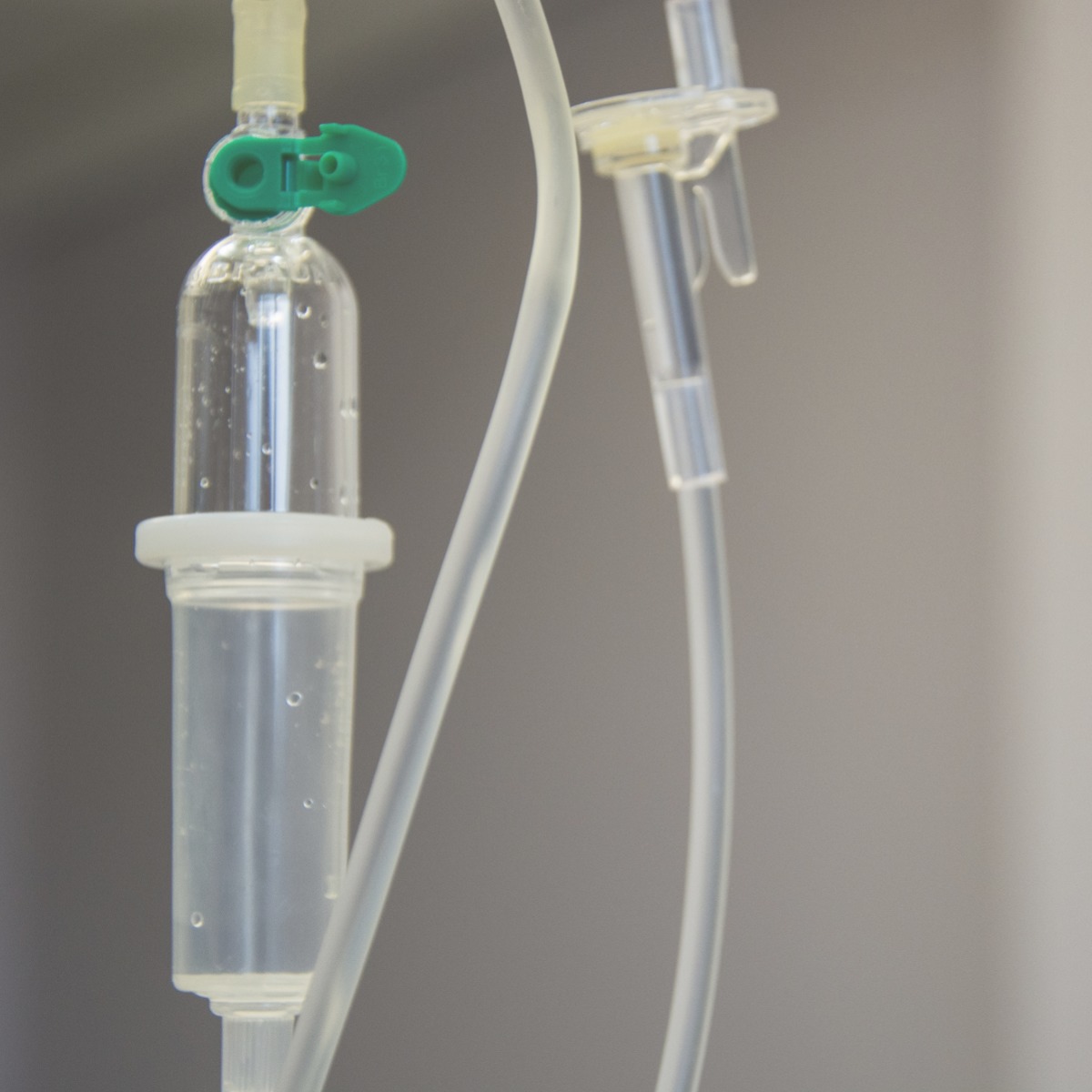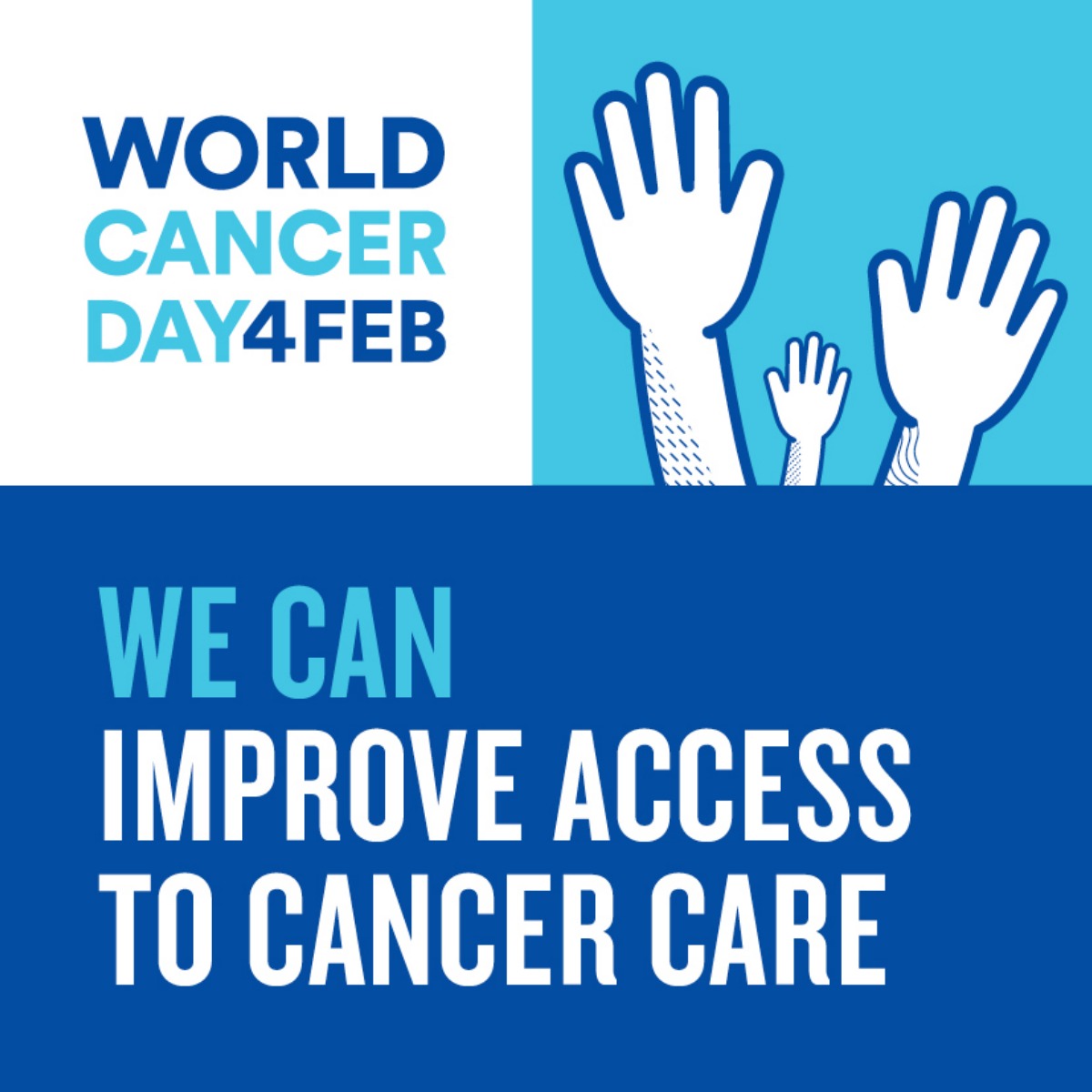By continuing to use our site, you consent to the processing of cookies, user data (location information, type and version of the OS, the type and version of the browser, the type of device and the resolution of its screen, the source of where the user came from, from which site or for what advertisement, language OS and Browser, which pages are opened and to which buttons the user presses, ip-address) for the purpose of site functioning, retargeting and statistical surveys and reviews. If you do not want your data to be processed, please leave the site.
The Voice of People With Breast Cancer
Education
Our Voices Blog
Tag : breast cancer treatment
What Your Oncologist Wants You To Know During The COVID-19 Crisis
Dealing with breast cancer is challenging at the best of times, but in this time of uncertainty and when our health care system is having to quickly adapt to the impact of COVID-19, cancer patients are facing increased challenges and changes to treatment schedules and doctors’ appointments. This can bring additional anxiety and questions around how these changes will impact the success of treatments.
Art and Music Therapy – how they can help you reduce stress and provide emotional support
When people think of therapy the most common therapy session that comes to mind probably includes a person sitting across from or lying down beside a therapist and talking about their feelings. But what if you can never quite find the right words to say to express yourself or talking through what you are feeling doesn’t seem to be helping? The truth is therapy comes in all shapes and sizes. People are looking for and creating new ways to help cope with the stresses in their lives.
History of breast cancer treatment
People have known about breast cancer since ancient times. For most of that time, there were no effective treatments. However, in the last 120 years, advances in surgical and medical treatments have meant that today, 98 percent of patients with localized breast cancer survive at least five years after diagnosis. The following timeline shows the development of breast cancer treatments.
Biosimilars: What are the doctors saying?
Now that you’ve learned more about biosimilars, it may also be of interest to learn what the physician perspective is. We connected with Dr. Sandeep Sehdev, a medical oncologist at the Ottawa Hospital, to get his perspective on biosimilars and what he thinks is important for patients to understand about them.
Learning more about biosimilar treatment options
Biosimilar drugs will soon be entering the breast cancer treatment landscape and are already available for support medications. With these emerging treatment options, it’s important to know more about them so you can make informed decisions about your treatment plan.
Clinical Trials – 101
Clinical trials play a big role in the discovery of new treatments for cancer. They help to determine the safety and effectiveness of potential new treatments. For metastatic patients, they can also potentially offer additional treatment options after the cancer has grown resistant to the standards of care.
Research Roundup: April
Here are some highlights from the latest in breast cancer research:
We Can. I Can. Improving access to cancer care and bettering the lives of Canadians with breast cancer.
February 4th marks World Cancer Day, a global event that takes place every year uniting people around the world who are concerned about the fight against cancer. Currently, 8.8 million people die from cancer globally every year and breast cancer is the most commonly diagnosed cancer in women.
How I regained control of my life when breast cancer made me feel like I had lost it
My journey began on New Year’s Eve 2015, when I noticed a red mark on my right breast. It wasn’t long before my stomach dropped and I felt my face flush while my throat did that swallowing action reserved for moments just like this.
Depression, anxiety and ways to cope
If you’re a breast cancer patient who’s experiencing significant depression or anxiety, you’re not alone. Roughly one-quarter of breast cancer patients get help for anxiety or depression during their treatment. There are many reasons a person may feel anxious or depressed because of their cancer diagnosis.
What made a difference when managing my treatment side effects
I was not prepared for the number of decisions regarding treatment that needed to be made from cancer diagnosis to treatment options. It was both exhausting and overwhelming – how does one make sound life-changing decisions when there are so many options and choices? I learned to trust myself and be my own advocate as I navigated through the many decision points.
6 Ways to Manage Joint Pain
Joint pain is often a side effect of breast cancer medications, especially tamoxifen and aromatase inhibitors, which people are often prescribed for years. If you happen to be someone who experiences this, you know that it can range from being mildly annoying to having a debilitating effect on your daily life.
Ask an expert: Febrile neutropenia explained
Febrile neutropenia, or FN, is a common and potentially serious side effect of chemotherapy treatment.
















